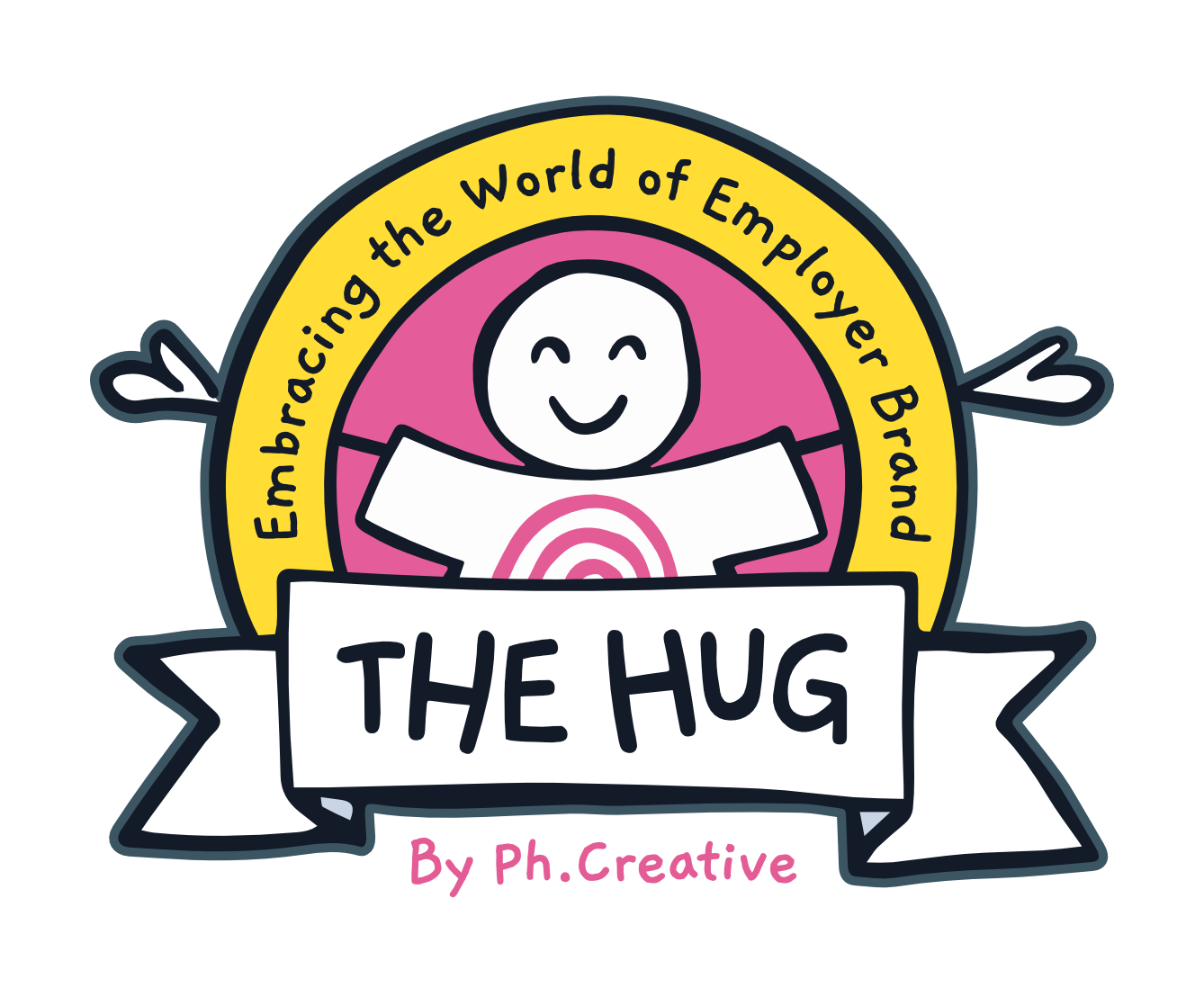Understanding the True Purpose of Employer Branding
5 min read.What is your company’s greatest competitive advantage?
The cost of your offering? Your culture of innovation? Your strong customer relationships? These elements (and more) are vital to the success of any business, but the only real competitive advantage a company has is its team. Even the most incredible ideas die on the vine without employees to execute on them. And the only way to attract those employees is with a strong employer brand.
Why, then, do so many C-suites neglects to develop and implement an employer branding strategy? Perhaps they don’t exactly know what an employer brand is — or worse, they assume it’s interchangeable with their customer-facing brand. While your customer-facing brand exists to sell products, your employer brand exists to attract and retain top talent. It is your employer reputation: how others might describe the employee experience you offer, your values, and what sets you apart from rivals.
And as American workers continue to leave their jobs in droves, building a strong employer branding strategy is critical.
The Purpose of Employer Branding
Years from now, we’ll all look back at The Great Resignation and say, “Here’s what companies should have done to keep their people.” We don’t yet have the gift of hindsight, but we know that more people are waking up to the fact that they have options — and they’re not afraid to exercise them. A 2021 survey of American workers from ResumeBuilder.com found that new employment opportunities are a significant motivator among those resigning:
- 44% said they wanted to start their own businesses.
- 43% said they were looking for remote opportunities.
- 41% said they were seeking jobs they’re passionate about.
Employees hold the power today, and that power shift only underscores the potential and purpose of employer branding. Just look at marketing giant HubSpot. It consistently appears on “best places to work” lists (it was No. 4 on Glassdoor’s 2021 list). And according to numbers from Comparably, more than 8 in 10 HubSpot employees wouldn’t leave for a new job — even if that job offered more money. Among comparable businesses, HubSpot is in the top 5% in its ability to retain staff.
HubSpot didn’t stumble into this success. It’s able to attract and retain top talent because it does a fantastic job of articulating its employee experience. Employees can see how their contributions drive the overall mission of the company, and they want to be part of it.
How to Create a Compelling Employer Reputation
More than likely, your company isn’t on HubSpot’s level yet — and that’s OK. This is your open invitation to admit it. With that off your chest, you can begin developing an employer brand that people can rally around.
Step one is identifying the gaps between where you are right now and where you want to be. Think about the behaviors and capabilities that have been proven to deliver productive, profitable success. Next, consider what it’s going to take for your organization to cultivate these behaviors and capabilities.
Then, create a narrative that galvanizes people. Humans like to focus on the positives, but you’ll also want to lean into the adversities: “Here’s why it’s going to be a tough road ahead. Not everyone is cut out for the journey. But if you are, your contributions will matter, and your presence will help us become an even stronger organization.”
You need to justify why somebody would want to sacrifice and commit to the journey within the environment you’ve built. If you paint a 360-degree picture of the employee experience — gaps and all — people will begin to imagine how they can help fill them. You might not get a flood of new applicants, but you will get applicants who know what to expect and who will relish the opportunity to rise to the challenge. It’s a concept we like to call “repel the many, compel the few.”
In a high-performance culture, high-calibre people want to see that their contributions matter. Your narrative needs to compel people emotionally. If you can do that, you’ll engender passion, pride, and loyalty — and build a potent, productive, and effective workforce.
If you’re ready to refresh or jump-start your employer branding strategy, book your spot in Ph.Creative’s Employer Brand Sprint Course today.
Sign up to our blog

Every other Thursday we share:
✔ One feature full of our freshest insights
✔ An expert hack you'll love to use
✔ The links you need now
+ other helpful bits for thousands of EB and TA pros just like you


